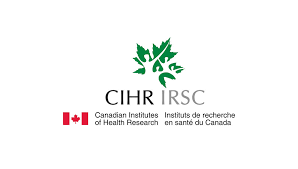Surveillance of Food Systems
Why focus on this topic?
There is global recognition that a transformation to healthy, sustainable, and equitable food systems is needed to meet commitments to health and the planet. Although surveillance has historically been used to monitor communicable disease outbreaks, complex pressures of the food system on human and planetary health are driving the need to review population health surveillance systems in Canada and globally. A collective action approach to surveillance that promotes multi-sectoral collaboration to monitor food system impacts on health, sustainability, and equity will be essential to support a food system transformation.
How is this research done?
A systems-informed evaluation will be conducted to develop shared understanding of the actors, sectors, activities, and dynamics of institutional actors involved in surveillance of food systems in Canada. A mixed-methods network analysis and participatory design thinking methods will be used to map the institutional actors who are involved in surveillance activities, assess facilitators and barriers that may facilitate or inhibit a collective action approach to surveillance, and co-develop governance and data solutions with key actors. This project is conducted in collaboration with the Public Health Agency of Canada, Health Canada, and Agriculture and Agri-Food Canada.
We also work with national- and provincial-level partners in Canada to update their existing conceptual frameworks of surveillance indicators to monitor food and nutrition, food security, food environments, and food systems. This work is informed by an umbrella review that synthesized the range of existing indicators to monitor dietary patterns and behaviours, food environments, and food systems.
What do we expect to find and why does it matter?
The empirical evidence from these analyses will be used to co-develop a coordinated surveillance strategy that will improve how and what kinds of data are used to inform food and nutrition policy in Canada. Findings from this study will inform development of novel policy and governance solutions for federal government, as well as provincial and territorial partners. A series of stakeholder reports will be developed with each report tailored to a specific actor, focusing on opportunities for collective action to improve monitoring of the intersecting food system impacts on health, climate, and equity.
Source
